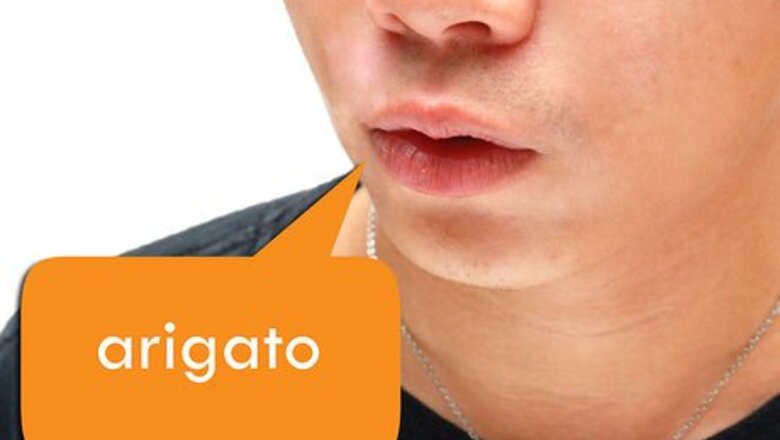
views
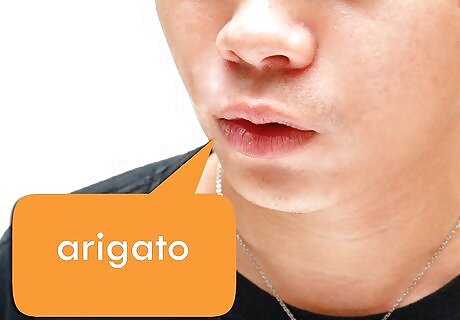
Use desu or masu forms less, unless you just met someone or are talking to someone older than you.
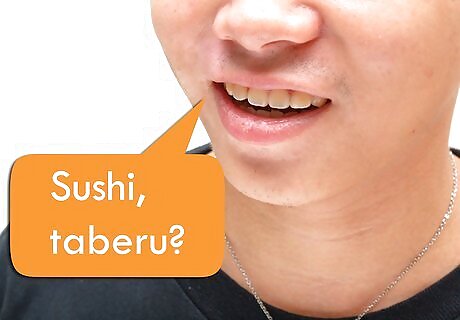
Drop particles. For example: "Sushi, taberu?" instead of "sushi o tabemasho ka?" Again, unless the person is someone you just met or really respect.
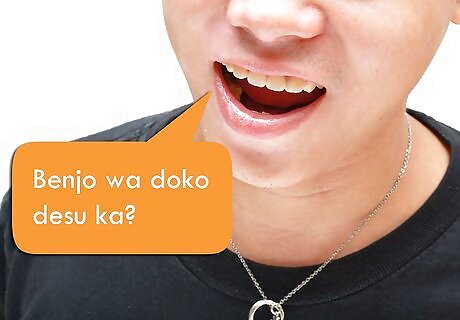
Use plenty of end-of-sentence particles. The more the better! Sou desu yo ne! Well, sometimes. No one wants to listen to "blah blah blah right. blah blah blah eh." Use them sparingly. Like, if you use them in one sentence, don't use them again till 2 sentences later.
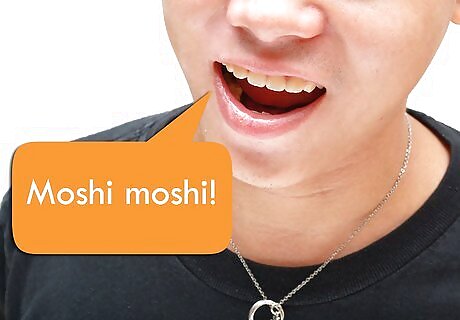
Announce yourself on the phone with "Watashi desu kedo" or "moshi moshi".
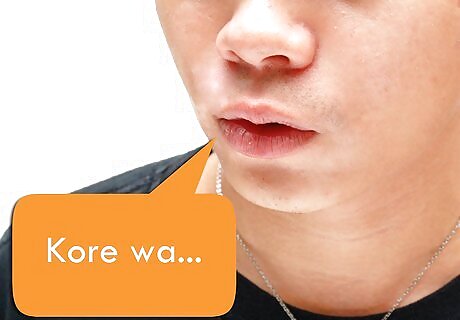
Never use Watashi wa, Kore wa, etc unless it is super unclear who you are talking about. Instead of Kore wa use the proper name--it's more polite and natural. With your buddies you can refer to others as koitsu or aitsu but keep in mind these words are so informal so as to be rude in some situations.
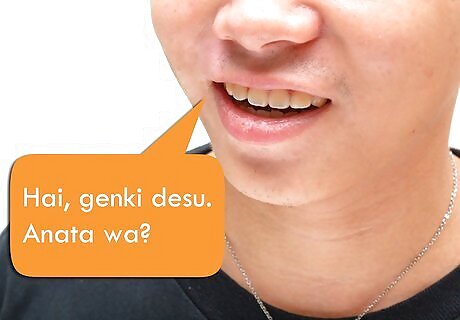
Only say anata if you are asking a stranger a question. Use their name instead. People usually refer to their friends as omae or kimi, but don't do that unless you're really good friends.
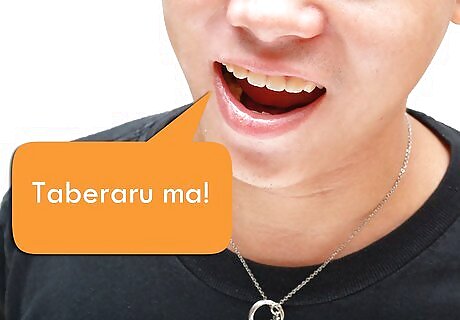
Learn the local ben. You may find yourself saying "Taberaru ma!" instead of "Tabenasai." People will be more comfortable around you.
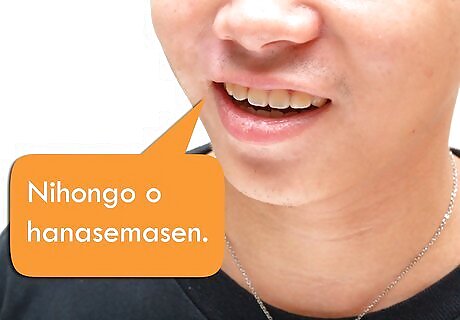
Put a slight 'n' sound before a 'g' sound. Warning: this will make you sound like you're from the countryside, but people from the more rural areas might get sentimental at the way you speak.
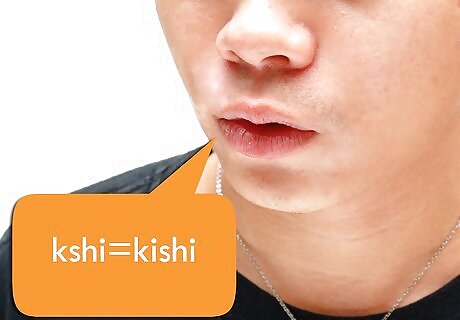
Pronounce words the way they were intended! Actually pronounce that long oo or chisai tsu. Say Toukyo the way the Japanese do. This is a little advanced, but learn about devoiced vowels and pronounce the words correctly. For example, 'kishi' (coast) is pronounced 'kshi'--ever notice that? And 'suki' (like) is pronounced ski. Most U sounds are either barely pronounced or silent.
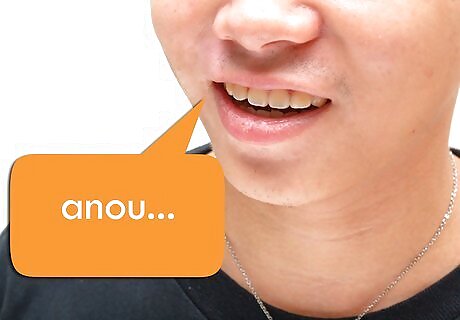
Say "anou", "etou", or "ja" when you need some time to think of a response. These translate to the equivalent of "um", "uh", and "well then". Throw 'nanka' in anywhere you please, but beware, too many nankas sounds like a teenagerish "like...like...like" in English.

Learn where the pitch is. While Japanese does not place stress and accents on words like English does, it does have a pitch accent, making homophones like hashi (bridge) and hashi (chopsticks) sound different.




















Comments
0 comment